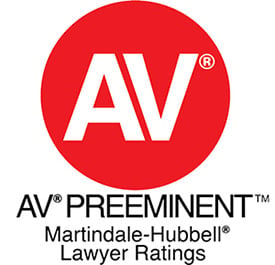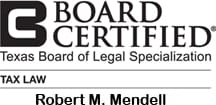How Do I Substantiate My Business Transportation Expenses?
An individual may be able to deduct business transportation expenses when he or she is not traveling away from home. There may also be deductions available for expenses related to temporary travel away from home overnight for business purposes, but that is not the focus of this article. Transportation expenses include the ordinary and necessary costs of:
- Visiting clients or customers
- Attending a business meeting away from the taxpayer’s regular workplace
- Traveling from one workplace to another within the same city or general area that is considered the individual’s tax home in the course of the individual’s business
- Traveling from the individual’s home to a temporary workplace if the individual has more than one regular workplace
If an individual works at home, he can deduct the cost of traveling to and from a client’s place of business. If an individual works at an office and attends a business meeting at another location in the same city, she can deduct these transportation costs. Regular, personal commuting expenses such as the cost of taking a bus, subway or taxi or driving a car between home and a regular place of work are not deductible.
People who use their cars for business purposes can generally deduct expenses related to that use by using the standard mileage rate or actual car expenses methods. For the 2007 tax year, the standard mileage rate was 48 ½ cents per mile. If a person does not use the standard mileage rate, he or she may be able to deduct actual car expenses such as gas, oil, tolls, parking fees, registration fees, repair costs, lease payments, insurance and depreciation. If a car is used for both business and personal uses, the individual must divide expenses between business use and personal use based on the miles driven for each, and only deduct expenses attributable to the business use.
Deducting expenses associated with the business use of a vehicle can be a substantial tax advantage. In order to substantiate transportation expenses, it is important to keep adequately detailed records such as an account book, log, statement of expenses or similar documents. A taxpayer should keep a log or notebook showing the date, odometer reading at the beginning and end of the trip, the starting place and destination, reason for the trip and the total miles traveled.
If a taxpayer wishes to deduct actual car expenses, he or she will also need to keep a log for all maintenance costs, depreciation, lease payments, gas, insurance, parking expenses and registration fees. The receipts for these costs should also be retained.
Copyright © 2008 FindLaw, a Thomson Reuters business
DISCLAIMER: This site and any information contained herein are intended for informational purposes only and should not be construed as legal advice. Seek competent counsel for advice on any legal matter.



